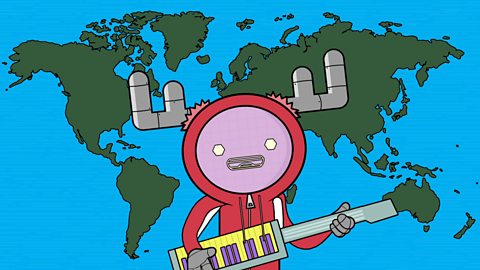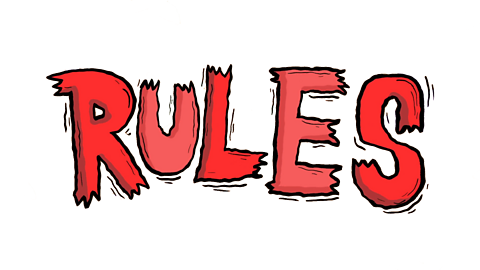
You all have rules to follow at home and school, on the football field and when playing games. Rules are put in place for your safety and wellbeing mainly, but also to ensure everyone is treated fairly. You may be very familiar with rules but do you know what your rights and responsibilities are?

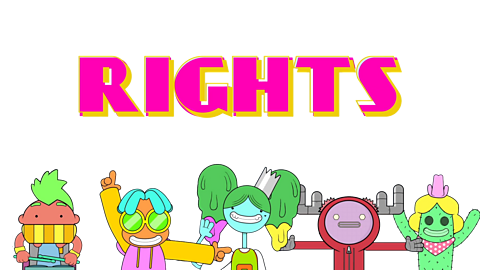
Rights
As children you have lots of rights.
The United Nations Convention on the Rights of the Child (UNCRC) sets out these rights.
It explains how adults and governments must work together to make sure all children can enjoy all their rights. Every child has rights, whatever their ethnicity, gender, religion, language, abilities or any other status.

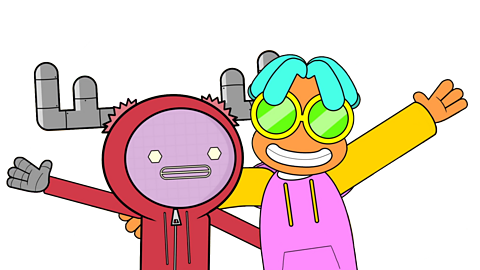
There are four articles in the convention that are seen as special. Theyãre known as the ãGeneral Principles,ã they are:
- 1. Non-discrimination (everyone treated the same regardless of race, colour, religion or gender)
- 2. Best interest of the child
- 3. Right to life survival and development
- 4. Right to be heard
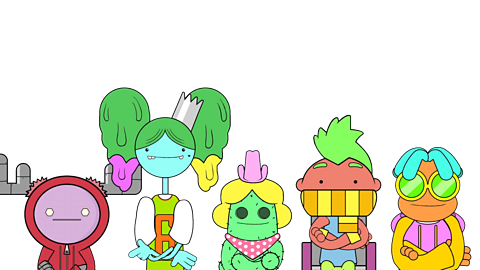
Responsibilities
We all have responsibilities. Do you know what yours are?The UNCRC refers to children having responsibilities just as they have rights.For example: Children should respect the rights of others, especially their parents.
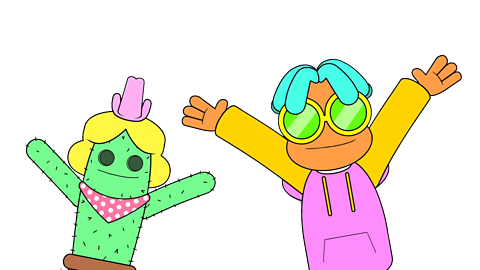
Other responsibilities include:
Not to harm or bully each other.
Do what you can to look after your environment.
Learn as much as you can and share your experiences and knowledge with others.
Help others who are in need through charitable work.
Respect other religions.
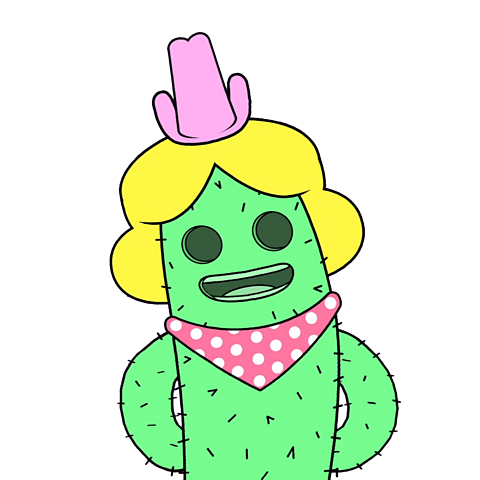
You may realise that your school promotes many of these responsibilities.
Your school may be integrated or mixed faiths, or you may work with another school of a different religious belief to your school.
You may be an ãeco schoolã where you work hard to keep the school as environmentally friendly as possible.
You may learn about anti bullying and promote anti-bullying week.
You may raise money for charities, such as Children in Need.

How we vote
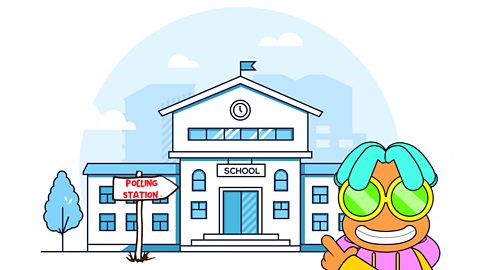
Image caption, When there is an election some schools turn into polling stations. This is where people can go to vote. If your school is a polling station then you get the day off school,
1 of 5
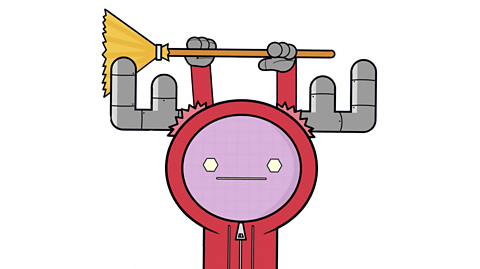
At home you will have additional responsibilities, such as helping set the table for dinner, stacking the dish washer, tidying your room, doing your homework or packing your P.E. kit for school. Helping at home is everyoneãs responsibility, as is looking after the environment.
You have rights, but you also have rules to follow and responsibilities to fulfill.

More on Relationships and community
Find out more by working through a topic
- count4 of 4
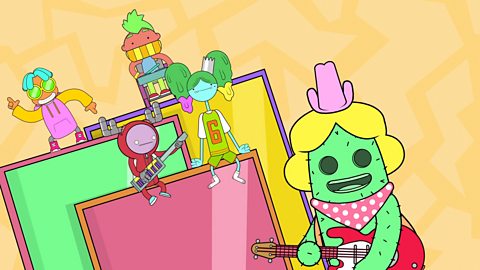
- count2 of 4
